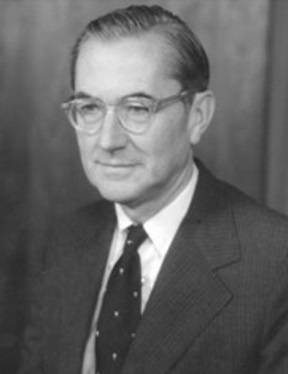William Colby
| William Colby | |
|---|---|
 |
|
| Director of Central Intelligence | |
|
In office September 4, 1973 – January 30, 1976 |
|
| President |
Richard Nixon Gerald Ford |
| Deputy | Vernon A. Walters |
| Preceded by | Vernon A. Walters (Acting) |
| Succeeded by | George H. W. Bush |
| Deputy Director of Central Intelligence for Plans | |
|
In office March 2, 1973 – August 24, 1973 |
|
| President | Richard Nixon |
| Preceded by | Thomas Karamessines |
| Succeeded by | William Nelson |
| Personal details | |
| Born |
William Egan Colby January 4, 1920 St. Paul, Minnesota, U.S. |
| Died | April 27, 1996 (aged 76) Rock Point, Maryland, U.S. |
| Spouse(s) | Barbara Heinzen (1945–1984) Sally Shelton (1984–1996) |
| Children | 5 (with Heinzen) |
| Education |
Princeton University (BA) Columbia University (LLB) |
William Egan Colby (January 4, 1920 – April 27, 1996) spent a career in intelligence for the United States, culminating in holding the post of the Director of Central Intelligence (DCI) from September 1973 to January 1976.
During World War II Colby served with the Office of Strategic Services. After the war he joined the newly created Central Intelligence Agency (CIA). Before and during the Vietnam War, Colby served as chief of station in Saigon, chief of the CIA's Far East Division, and head of the Civil Operations and Rural Development effort, as well as overseeing the Phoenix Program. After Vietnam, Colby became director of central intelligence and during his tenure, under intense pressure from the United States Congress and the media, adopted a policy of relative openness about U.S. intelligence activities to the Senate Church Committee and House Pike Committee. Colby served as DCI under President Richard Nixon and President Gerald Ford and was replaced with future president George H.W. Bush on January 30, 1976.
William Egan Colby was born in Saint Paul, Minnesota, in 1920. His father, Elbridge Colby, who came from a New England family with a history of military and public service, was a professor of English, an author, and a military officer who served in the Army and in university positions in Tientsin, China; Georgia; Vermont; and Washington, D.C. Though a career officer, Elbridge Colby's professional pursuits focused less on strictly military activities and more on intellectual and scholarly contributions to military and literary subjects. Elbridge's father, Charles Colby, had been a professor of chemistry at Columbia University but had died prematurely, leaving his family largely without money. William's mother, Margaret Egan, was from an Irish family in St. Paul active in business and Democratic politics. With his Army father, William Colby had a peripatetic upbringing before attending public high school in Burlington, Vermont, and then Princeton University, graduating in 1940 and entering Columbia Law School the following year. Colby recounted that he took from his parents a desire to serve and a commitment to liberal politics, Catholicism, and independence, exemplified by his father's career-damaging protest in The Nation magazine regarding the lenient treatment of a white Georgian who had murdered a black U.S. soldier also based at Ft. Benning.
...
Wikipedia
